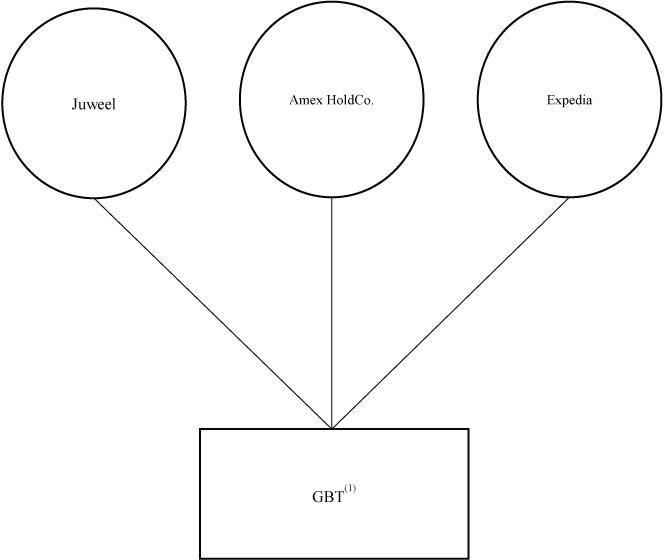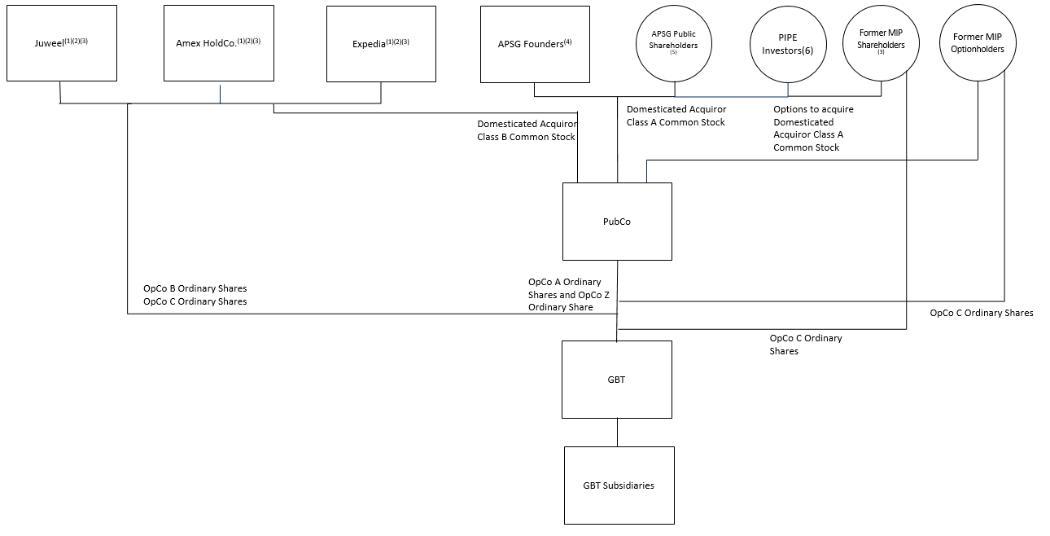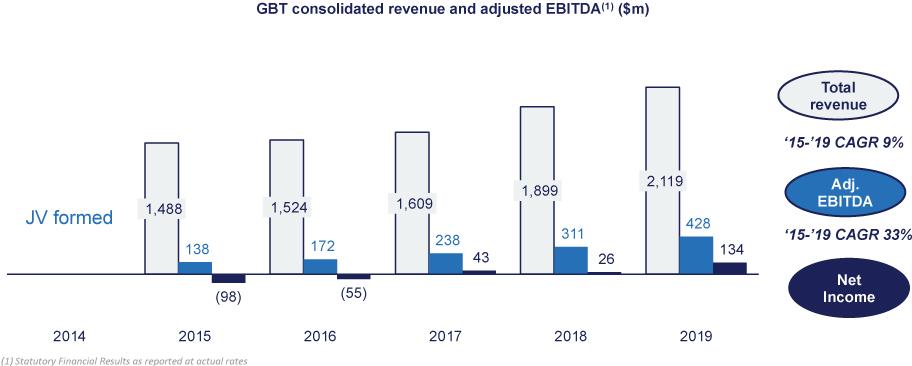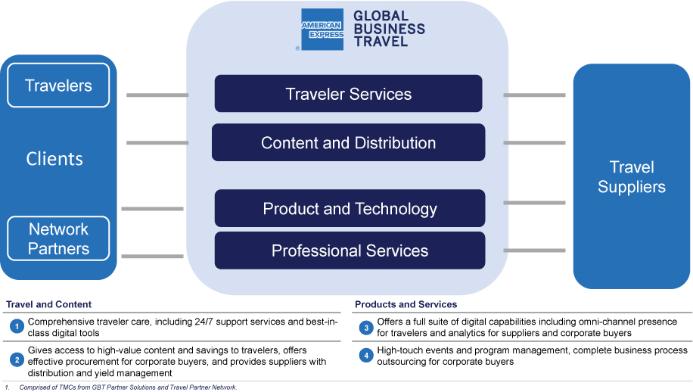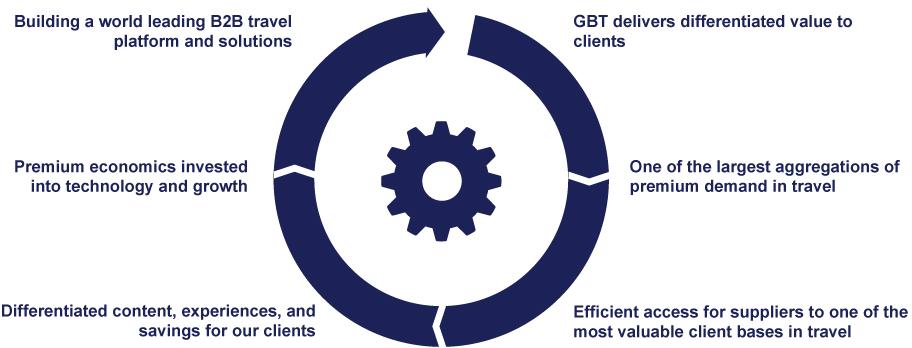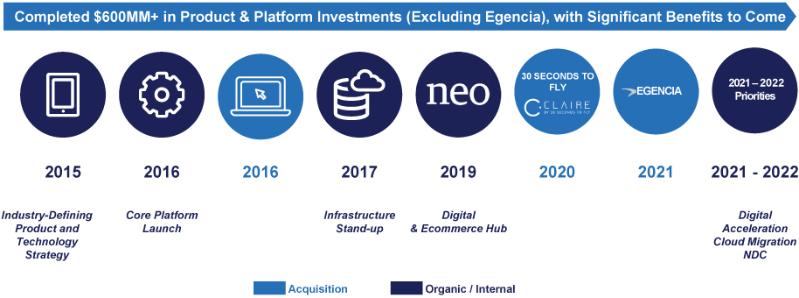the provisions of this Agreement, no Party shall oppose the granting of specific performance and other equitable relief on the basis, or allege, and each Party hereby waives the defense, that there is an adequate remedy at law, and each Party agrees to waive any requirement for the securing or posting of any bond in connection therewith. The Parties acknowledge and agree that the right of specific enforcement is an integral part of the Transactions and without that right, neither Party would have entered into this Agreement.
Section 10.15 Non-Recourse.
(a) Solely with respect to the Company and Acquiror, this Agreement may only be enforced against, and any claim or cause of action based upon, arising out of, or related to this Agreement or the Transactions may only be brought against, the Parties, and then only with respect to the specific obligations undertaken by such Party.
(b) Except to the extent a Party (and then only to the extent of the specific obligations undertaken by such Party) and other than with respect to Debt Financing Sources (which, for the avoidance of doubt, are addressed in Section 10.19), (i) no past, present or future director, officer, employee, incorporator, member, general or limited partner, stockholder, controlling Person, direct or indirect equityholder, manager, Affiliate, affiliated (or commonly advised) fund, agent, attorney, advisor or representative, or any of their respective assignees or successors, of the Company or Acquiror and (ii) no past, present or future director, officer, employee, incorporator, member, general or limited partner, stockholder, controlling Person, direct or indirect equityholder, manager, Affiliate, affiliated (or commonly advised) fund, agent, attorney, advisor or representative, or any of their respective assignees or successors, of any of the foregoing shall have any liability (whether in contract, tort, equity or otherwise) for any one or more of the representations, warranties, covenants, agreements or other obligations or liabilities of any one or more of the Parties under this Agreement or for any claim based on, arising out of, or related to this Agreement or the Transactions.
Section 10.16 Non-Survival of Representations, Warranties and Covenants. None of the representations, warranties, covenants, obligations or other agreements in this Agreement or in any certificate, statement or instrument delivered pursuant to this Agreement, including any rights arising out of any breach of such representations, warranties, covenants, obligations, agreements and other provisions, shall survive the Closing and all such representations, warranties, covenants, obligations or other agreements in this Agreement or in any certificate, statement or instrument delivered pursuant to this Agreement shall terminate and expire upon the occurrence of the Closing (and there shall be no liability after the Closing in respect thereof), except for (a) those covenants and agreements contained herein that by their terms expressly apply in whole or in part after the Closing and then only with respect to any breaches occurring after the Closing and (b) this ARTICLE X.
Section 10.17 Conflicts and Privilege.
(a) Acquiror hereby agrees on behalf of itself and its directors, officers, employees and Affiliates (including after the Closing, the Company) and each of their respective successors and assigns (all such parties, the “Acquiror Waiving Parties”), that Skadden, Arps, Slate, Meagher & Flom LLP (“Skadden”), Steptoe & Johnson LLP or other counsel to the Company in respect of the Transactions (collectively, “Company Counsel”), may represent the Company or any of its directors, members, equityholders, partners, officers, employees or Affiliates (collectively, the “Company WP Group”), in each case, in connection with any Action or obligation arising out of or relating to this Agreement, any Transaction Document or the Transactions, including the PIPE Investment, notwithstanding its prior representation (or any continued representation) of the Company and its Subsidiaries or other Acquiror Waiving Parties, and Acquiror, on behalf of itself and the other Acquiror Waiving Parties, hereby consents thereto and irrevocably waives (and will not assert) any conflict of interest, breach of duty or any other objection arising therefrom or relating thereto. Acquiror, for itself and the other Acquiror Waiving Parties, hereby further irrevocably acknowledges and agrees that all communications, written or oral, between the Company and its Subsidiaries, or any other member of the Company WP Group, on the one hand, and its counsel, including Company Counsel, on the other hand, made in connection with the negotiation, preparation, execution, delivery and performance under, or any dispute or Action arising out of or relating to, this Agreement, any Transaction Documents or the Transactions, including the PIPE Investment, or any matter relating to any of the foregoing, shall be deemed privileged and confidential, and shall remain with, belong to and be controlled by the Company WP Group (the “Company Privileged Communications”), without any waiver of the attorney-client privilege or expectation of confidentiality. Acquiror, together with the Acquiror Waiving Parties, agrees that they may not access, use or rely on any of the Company Privileged Communications, wherever located, in any Action against or involving any of the Parties after the Closing, and Acquiror, together with the Acquiror Waiving Parties, agrees not to assert that any privilege has been waived as to the Company Privileged Communications, by virtue of the Transactions.
